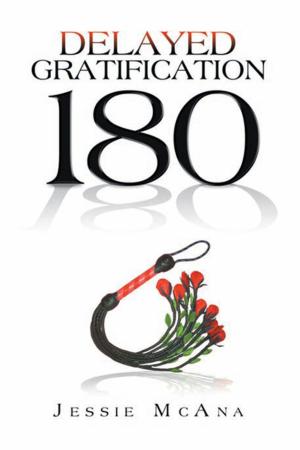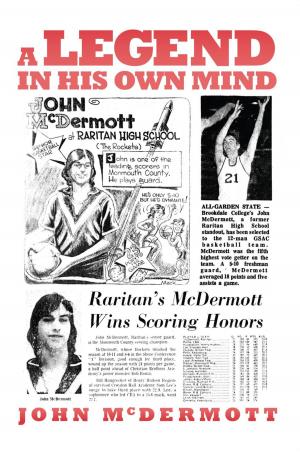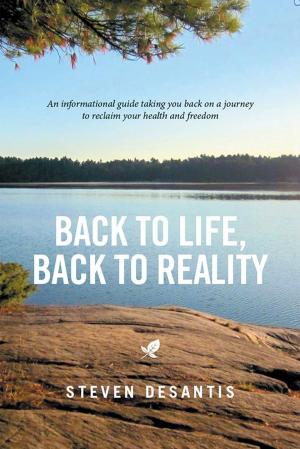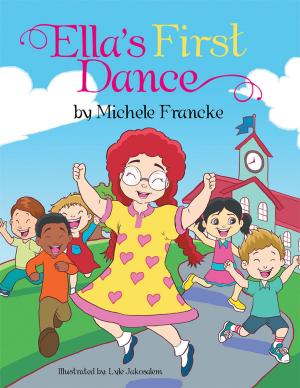Is the United States Worth Saving?
For a More Perfect Union!
Fiction & Literature, Literary Theory & Criticism, American| Author: | Charles W. Thompson | ISBN: | 9781483624846 |
| Publisher: | Xlibris US | Publication: | May 10, 2013 |
| Imprint: | Xlibris US | Language: | English |
| Author: | Charles W. Thompson |
| ISBN: | 9781483624846 |
| Publisher: | Xlibris US |
| Publication: | May 10, 2013 |
| Imprint: | Xlibris US |
| Language: | English |
The books premise spells out the dangers which our republic has encountered and how the 21st century presents new hurdles to surmount and reclaim our democracy. The author focuses on 10 conditions which have eroded representative government and offers proposals to cement public control over government. Among the problems there has been a slow, insidious alteration in methods for the selection of representatives which are encapsulated in the words gerrymandered electoral districts and representatives for sale. Results of this condition are legal breaks, tax loopholes and regulatory exemptions favoring a few. This problem is exacerbated by the publics disenchantment with politics. Added to the problem are growing trends in our social mores which reveals more attention to good times than social obligations of citizenship and reflected in the low voting rates of eligible voters. The author points out how history repeats itself and how internal divisiveness destroys national unity. Stressed throughout the book is the vital nature for universal education and how the vast wealth of intellectual ability in our nation has been overlooked. The book also points out the difficulty for people to realize how vastly different the 21st century is when compared only to the lives of our great-grandfathers. The growth of multinational corporations and the rise of State Capitalism alters concepts of free competitive enterprise which faces daunting challenges for survival. The growth of our nation and the free movement of people have resulted in nearly one in three Americans living in four states but our representative system is still tied to 1789. Significant suggestions are also proffered to protect the independence of our judiciary. The author offers several proposals for consideration to redeem and enhance our republic; why our governmental units, federal, state, county and city must be aligned to achieve our purpose to improve and protect the human condition and liberty. A significant point is made of the importance of our experiment in democracy for the world.
The books premise spells out the dangers which our republic has encountered and how the 21st century presents new hurdles to surmount and reclaim our democracy. The author focuses on 10 conditions which have eroded representative government and offers proposals to cement public control over government. Among the problems there has been a slow, insidious alteration in methods for the selection of representatives which are encapsulated in the words gerrymandered electoral districts and representatives for sale. Results of this condition are legal breaks, tax loopholes and regulatory exemptions favoring a few. This problem is exacerbated by the publics disenchantment with politics. Added to the problem are growing trends in our social mores which reveals more attention to good times than social obligations of citizenship and reflected in the low voting rates of eligible voters. The author points out how history repeats itself and how internal divisiveness destroys national unity. Stressed throughout the book is the vital nature for universal education and how the vast wealth of intellectual ability in our nation has been overlooked. The book also points out the difficulty for people to realize how vastly different the 21st century is when compared only to the lives of our great-grandfathers. The growth of multinational corporations and the rise of State Capitalism alters concepts of free competitive enterprise which faces daunting challenges for survival. The growth of our nation and the free movement of people have resulted in nearly one in three Americans living in four states but our representative system is still tied to 1789. Significant suggestions are also proffered to protect the independence of our judiciary. The author offers several proposals for consideration to redeem and enhance our republic; why our governmental units, federal, state, county and city must be aligned to achieve our purpose to improve and protect the human condition and liberty. A significant point is made of the importance of our experiment in democracy for the world.















